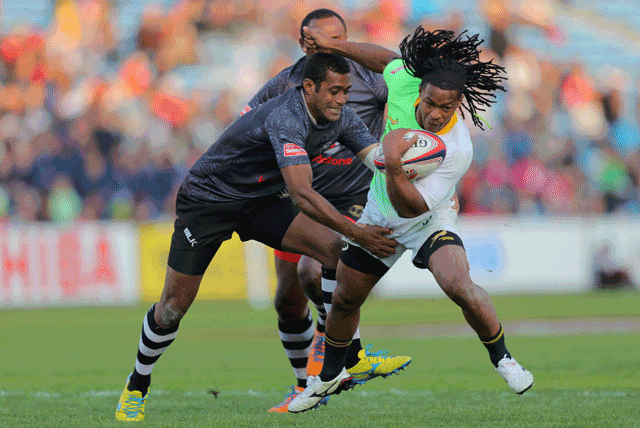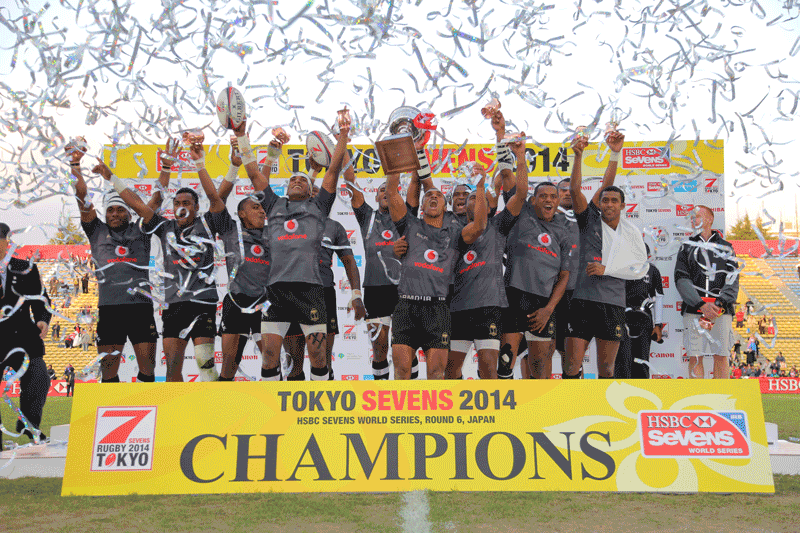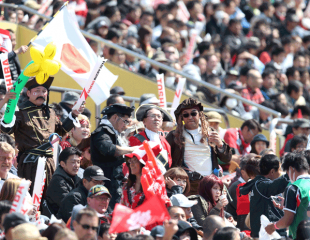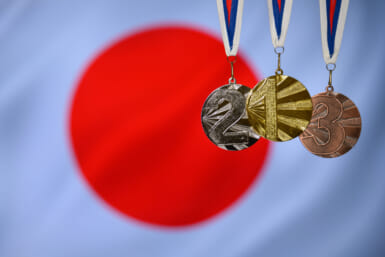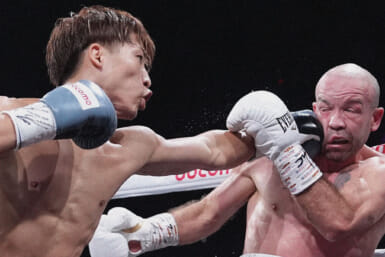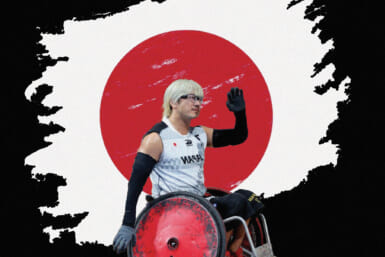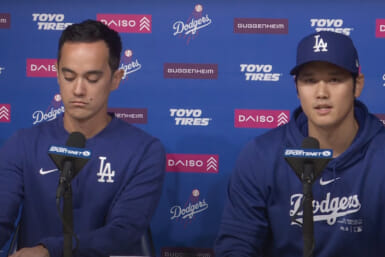From the Land of the Long White Cloud to the Land of the Free, from the Rainbow Nation to the Home Nations, the growth of Rugby Sevens is undeniable.
By Warren Adamson
It had a humble beginning in 1883, but the last five years have seen an unprecedented growth of the sport, boosted by the fact that has been included in the Olympic Summer Program. The IOC (International Olympic Committee) voted in 2009 to reinstate rugby but this time the abbreviated Sevens format would be included in place of the 15-man game, which was last played in 1924 at the Olympic level.
The reason that the Sevens game was included is down to the game format, which is shorter and more exciting, but offers the same expectations as the big brother of XVs. The Sevens game is played on a regular-sized rugby field but each team has seven players on the pitch with five substitute players on the bench. Each half is seven minutes with a minute or two at half time but in the case of a cup final playoff, the halves are extended to 10 minutes.
Since the game time is short, and the number of players are few, the formula for excitement is obvious. With the amount of space that is available on the pitch, spectators are in for exciting running by some of the fastest players on Earth. Speed isn’t the only factor in the game: each player is capable of putting in the big hits and strong fends. It’s a feast for any rugby fan, but it’s so quick that you might miss something if you blink; fear not, though, because most tournaments have 45 matches played over two days.
Race for Olympics Berth
This year is an Olympic qualifying year for the teams as they vie for a spot in the upcoming Rio Olympics in 2016. Sixteen teams will be awarded an Olympic berth in both the men’s and women’s tournament, with Brazil already being awarded a place as they are the host nation. The remaining places will be awarded to teams that qualify through various tournaments. Four Olympic spots will be given to the top four finishing teams at the end of this year’s HSBC Sevens World Series. Currently the top four teams are South Africa, New Zealand, Fiji and Australia. If these teams remain in their respective positions then they would qualify for Rio 2016. The remaining places will be awarded to regional winners of qualification rounds.
At the moment, South Africa, New Zealand and Fiji are separated by less than 10 points on the overall standings, and with 4 tournaments left in the series, things are too close to call. Over the past decade the HSBC Sevens World series has been dominated by New Zealand but the competitions have become much closer. With extra funding for teams in regards to Olympic qualifications, expect more teams to be challenging for the crown.
Teams to Watch
The USA Eagles have been the surprise package of the year as they have reached 3 consecutive quarterfinal rounds in South Africa, New Zealand and the USA. They have even beaten Fiji and drawn with South Africa while on this impressive run. With new coach Mike Friday, formerly of England and Kenya, the Eagles have exceeded previous expectations and are on their way to becoming a regular team in the playoff matches.
Since the game time is short, and the number of players are few, the formula for excitement is obvious. Spectators are in for exciting running by some of the fastest players on Earth.
Australia have been the most improved team this year as they have managed to defeat the heavyweights throughout the 2014–15 season and are holding onto fourth position in the overall standings. Coach Geraint John has been improving the skill of the team and they have proven that hard work pays off.
The top three teams are the ones that everyone needs to watch to witness a masterclass in Sevens. Each team offers a different style of play, which in turn offers a different game on the field. Coach and former player Neil Powell and South Africa have a balanced approach and are proud of their defensive record, but over the past two tournaments, they have seemed to fall off slightly. This gives an opportunity for New Zealand to get some points off them and with players like Tim Mikkelson, Scott Curry and captain DJ Forbes, New Zealand have the talent to overcome the competition. Close behind the Kiwis are the Fijians, who pride themselves on having a successful Sevens rugby outfit. Fiji boast some of the legends of the game and the current generation is living up to the promise of a world beating team. Look for a quarter-final playoffs that feature these teams.
Unfortunately Japan hasn’t fared well this season with only one win under their belt so far, which isn’t good news for a team that is desperate to develop quickly with the Olympics coming up next year. Some players have been standouts though—Yoshikazu Fujita, for example, has made his presence felt in the team. The player that has made a massive impact is the intimidating Lomano Lemeki who scored seven tries in the USA tournament.
Players to Watch
Frankie Horne (South Africa)
Nicknamed The Tank for good reason. He may not be the top try scorer but his presence and world record participation brings out the best in the South African side.
Gilles Kaka (New Zealand)
A speed merchant with nimble feet and the ability to find the try line. A young talent with huge potential and a few records to his name.
Samisoni Viriviri (Fiji)
The leading try scorer last year with 52 tries, and voted as player of the year. This man is a legend in the making with a taste for victory.
Lomano Lemeki (Japan)
Tongan-born Lemeki is a devastating talent on the field with pace and the ability to offload accurately in the tackle.
Sayonara Tokyo
The Tokyo Sevens 2015 will be the last time Sevens is played in Japan, as other cities have won hosting rights with Vancouver recently being given host status. Even though this is the last Sevens tournament in Tokyo, there is still a lot of fun to be had. Many fans are keen to dress up in a variety of costumes and getups to add to the carnival flavor of Rugby Sevens. This is a chance for your craziest costumes to be dragged out of the closet—and almost anything goes.
Round 7 of the HSBC Sevens World Series will be held at the spiritual ground of Japanese rugby, the Prince Chichibu Memorial Rugby Stadium, on April 4 and 5, 2015, with a capacity crowd of 27,000 expected to watch the games. This is the last time that spectators will be able to watch the Sevens World Series in Japan as Singapore is said to be the replacement.
For more information on Rugby Sevens, please check the official website:
www.worldrugby.org/sevens-series/
To book tickets for the Tokyo 7’s please visit:
www.e-tix.jp/jrfu/english/ticket_jrfu_en.html
Tokyo Weekender is giving away five pairs of tickets to the Sevens World Series in Japan. To enter the prize drawing, please answer the following question: Who is the current leading try scorer in this season’s HSBC Sevens World Series? Send your answers to [email protected]

